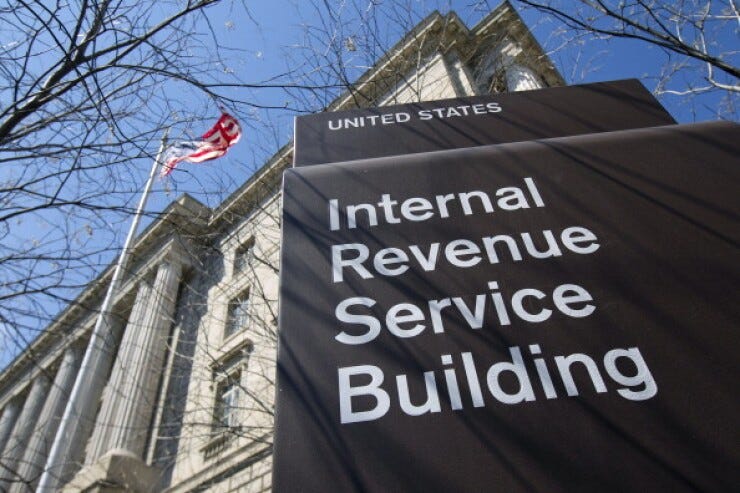How The IRS Treats Entities Is Pretty Irrelevant To How You Should Think About Them
Names are an even worse cue!
There is a sort of truism in the education world that non-profit means white hat* and for-profit means you should be skeptical or something stronger. And because Bellwether is a non-profit it would be in my interest to perpetuate that notion. Except it's wrong and not at all useful.
Not-for-profit and for-profit are just corporate structures. Those structures matter, for instance, legally, to some aspects of operations, to compensation, and to taxes related to various activities. (And there are different classifications of non-profits, churches, unions, political organizations, charities, etc...for our purposes here think about the generic non-profit research, service, or advocacy group, the kind you might check out on Charity Navigator).
What tax status doesn't matter much to are two key things:
- Whether or not an entity is actually profitable; and
- Whether or not an entity adds any real value to the world.
In practice, there are plenty of for-profits education ventures that are effectively non-profit in terms of their actual returns to investors. Education can be a challenging marketplace, it's hard to sell to school districts, the system is decentralized, people make mistakes with business plans and models, etc...etc...Meanwhile, there are plenty of non-profits with eight and even nine figure reserve funds - which in some cases are large even accounting for their ongoing run rates. They're not paying out profit because of their corporate structure, but they are certainly making money and effectively have an EBITDA that would excite any investor. (A trend I'd keep an eye on is non-profits being acquired and becoming for-profit).
At the same time, there are plenty of for-profit organizations, and many non-profits of course, that are adding a lot of value to the world through what they do. And, there are many in both sectors that are not. This is why the ways various ventures interact with the IRS doesn't tell you a lot about whether or how you should interact with them as a buyer.
Finally, there is a lot of talk about "sustainability" in the non-profit world. I have some bad news for you - nothing is inherently sustainable, even life itself. A little more immediately, it's worth noting, especially in a time of philanthropic contraction in our sector, that a good business model is the most sustainable model out there. Most of Bellwether's revenue is fee-for service and that value for value transaction and the accountability that comes with it is vital to our model. People being willing to pay you for work is sustainable, and more sustainable and a stronger signal than philanthropic activity alone. It means that when your funders decide they care more about climate change than schools or are just sick of education politics that you don't have a financial crisis on your hands.
What does this mean for you? First, look beneath the label and worry less about tax status than actual impact and value. Second, I get asked a lot to help start up ventures think through questions about how to organize. There are benefits to being a non-profit. Despite the point this post is trying to make there are and will continue to be reputational benefits in many quarters. There is also access to philanthropic capital, and the ability run at leaner margins because you don't have to return financial value to investors. Where you see capital coming from, the part of the sector you operate in, and whether or not the possibility for a real exit exists if you are successful are all factors to consider.
But the core thing is this: The next time someone ID's an org first by its tax status ask, but what do they do or offer, and are they any good at it or is it quality for what we need? That matters more than the forms any entity sends to the IRS and will make you a more savvy consumer of goods and services. It would also improve signaling in our sector.
*Ironically, one of the most-notoriously low-quality for-profit charter school operators was actually called White Hat. And yet even though their overall quality was poor, they did some some programs that were OK. (There is a whole post to be done on names.) Another reminder this is all more complicated subsurface.




